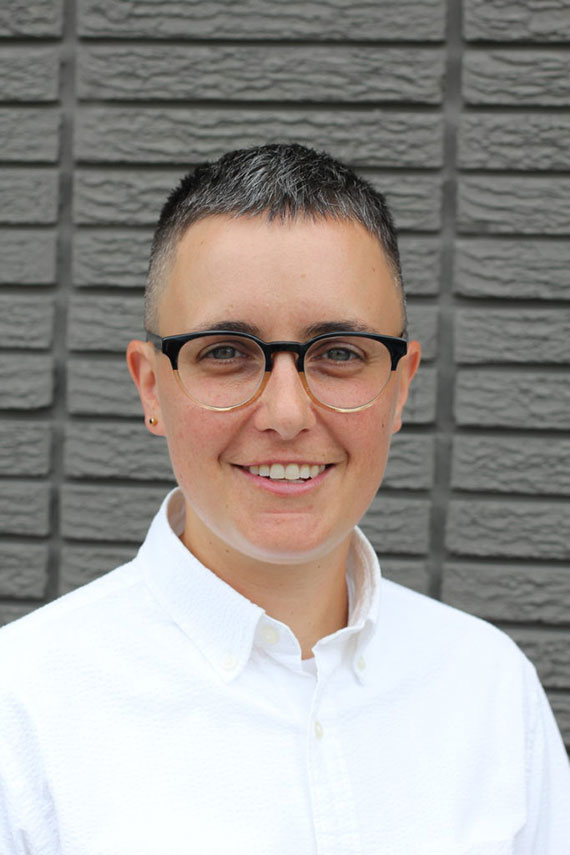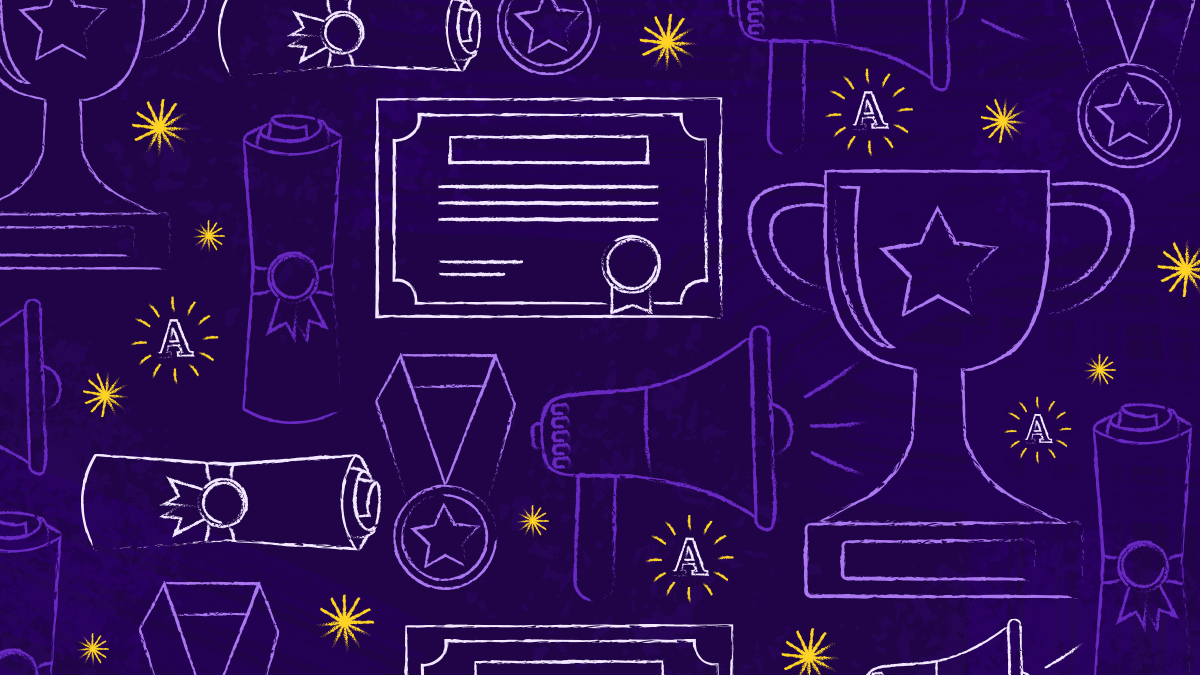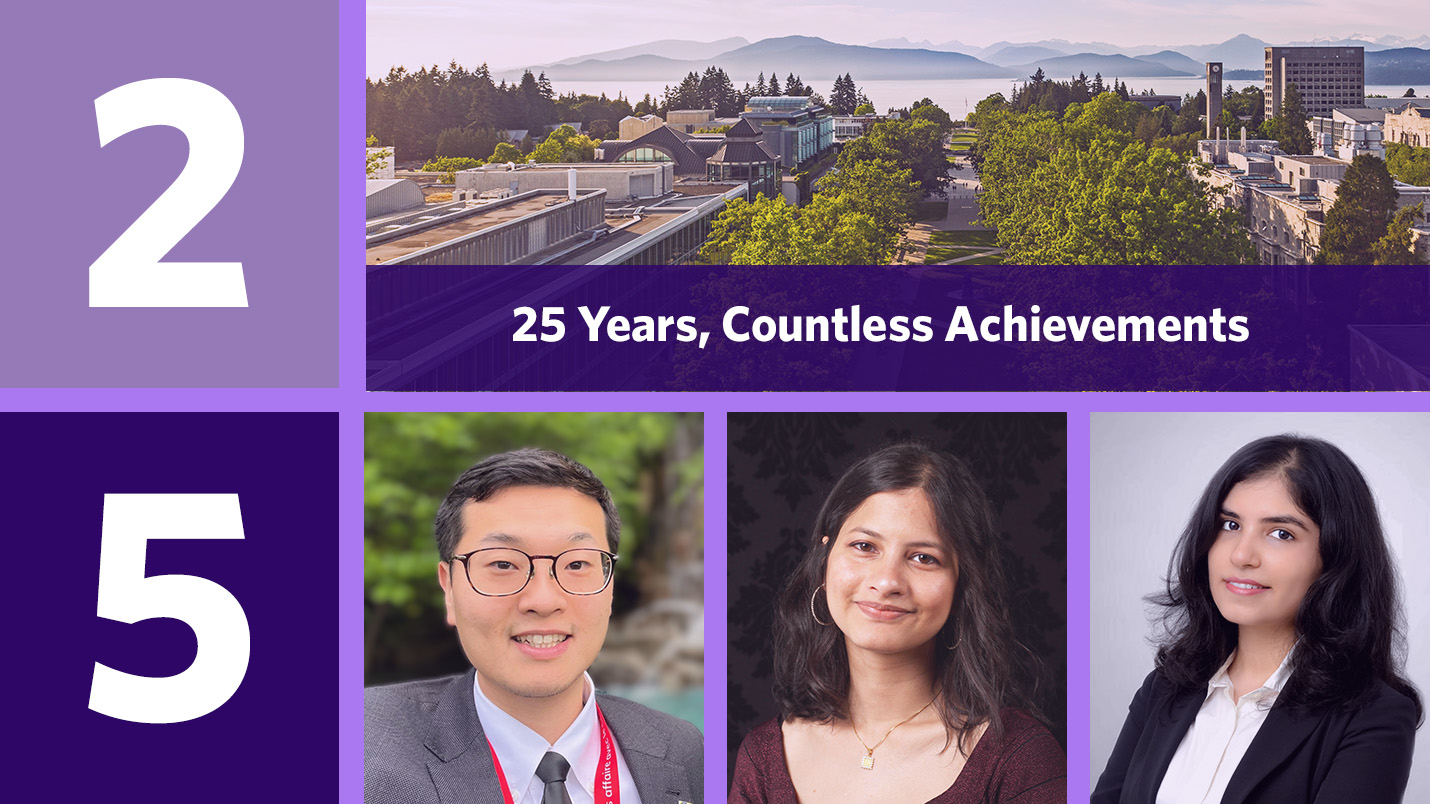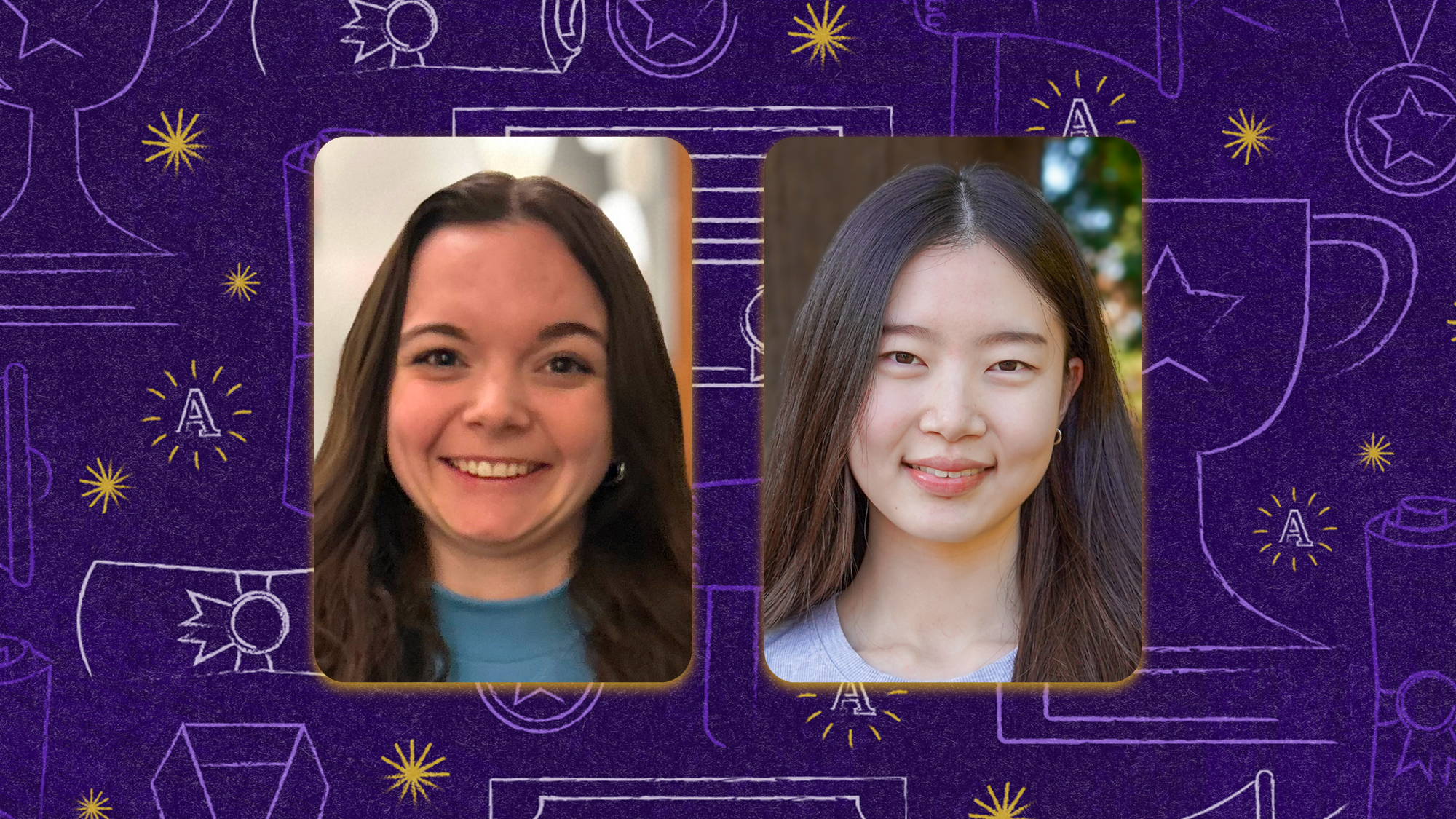By Alexandra Chu
Cait McKinney uncovered subversive and politically charged historical valentines as part of a research project at UBC. The valentines, sent in 1916 to anti-suffrage American Congressmen and President Thomas Woodrow Wilson, were used to advocate for women’s suffrage.


Sending valentines may not be the most obvious method of political campaigning, but it was one of the ideas adopted by the Congressional Union for Woman Suffrage in their campaign for the vote.
Cait McKinney (BA English Honours, ’06) came across these witty and pointedly political historical records as part of a research project completed for the English honours seminar she took in her final semester of study at UBC with Professor Mary Chapman.
Political Persuasion
The valentine cards, sent to anti-suffrage American congressmen and President Thomas Woodrow Wilson on Valentine’s Day 1916, are personally tailored messages that used tongue-in-cheek rhymes and cartoons to advocate for suffrage. McKinney’s project and website includes reproductions of the previously unpublished valentines accompanied by critical annotations and an essay.
Working With Experts
To compile it, McKinney worked closely with the Sewall-Belmont House and Museum in Washington, DC, dedicated to the evolving role of women and their contributions to society through the continuing story of women’s pursuit for equality. Museum staff helped McKinney track down some of the valentines, and also scanned these for the project. The Sewall-Belmont House recently featured McKinney’s website in their online newsletter, a publication that reaches more than 2,500 readers.
“I wanted the students to experience, even vicariously, the thrill I have when I go to the archives and snoop around and find things,” says Professor Chapman, who taught the research-based seminar on American suffrage print culture. Prior to teaching the course, Chapman had conducted research in Sewall-Belmont House archives.
Primary Research A Great Learning Opportunity
“Most of the research that we get to do as undergrads is a new take on things that have already been done,” adds McKinney, who welcomed the opportunity to tackle research involving primary sources and then present her findings using the web. “Dr. Chapman wanted us to explore how we could use the Internet as a tool for letting other people gain access to either research that has not gotten a lot of attention, or is in danger of effectively going out of print,” McKinney says. “That’s particularly a big issue when you’re talking about women’s history because sadly there’s still not a lot of money devoted to publishing this kind of stuff,” she adds.
When McKinney first signed up for the honours seminar, she thought studying the suffrage movement would be a drag. Her original research gave her the chance to find an angle that interested her — the valentines and their representations of female sexuality. “It’s an example of how suffragists were really cunning in the way that they formed their arguments and eventually managed to win the vote by appealing to men on their own terms,” said McKinney. “They’re playing with the male idea of woman-as-object to be sexually conquered —they’re throwing it back in their critics’ faces. That’s why these valentines are so subversive and so effective: because they take the argument that was always thrown at feminists during that time period — that women were to be controlled and used by men and were not suited to voting — and make it their own.
More about McKinney
McKinney was a well-known undergraduate at UBC — she edited the AMS Insider, the student planner that is distributed to students every year. She also worked at the wellness centre as a peer educator and was active with the UBC Film Society as advertising manager and social coordinator. While she has plans to get back to school to pursue graduate studies in cultural theory, in the long term, she plans to continue doing what she’s doing now — writing with a youth focus. Following graduation, she worked as a writer and researcher for Free The Children in Toronto, an international charity that seeks to raise awareness of global poverty amongst youth, and empower young people to realize that they can have an impact on the world. In 2014, she will graduate from York University with her PhD in Communication and Cultural Studies.


